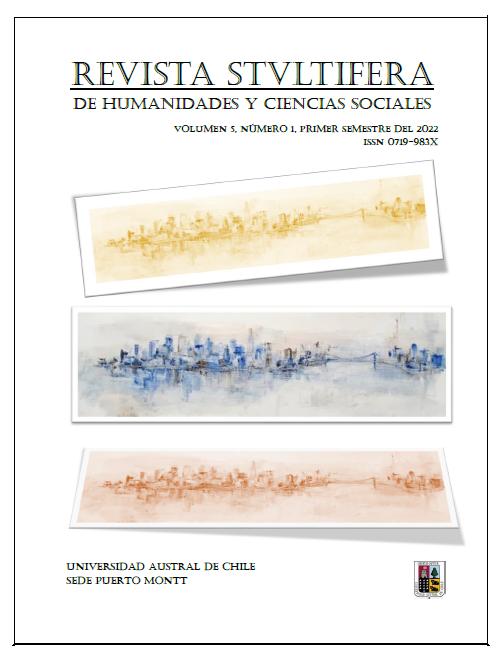Let's Educate Sofía. The Wollstonecraft-Rousseau Controversy and the Rise of Feminist Political Philosophy
Main Article Content
Abstract
The aim of this article is to analyse Mary Wollstonecraft's defence of egalitarian education against Rousseau's proposal of sexual politics. To account for this polemic, we contextualise the debate within the Enlightenment, specifically in the emergence of feminist theory. In the first part of the article, we will analyse the importance of the universalising abstractions that emerged in the Enlightenment in the erosion of the hierarchies that legitimised the inferiority of women in relation to men. The pedagogy proposed by Rousseau, despite being framed within the framework of Enlightenment thought, posed serious difficulties for the claims of
equality of the emerging feminist thought. Mary Wollstonecraft, in a veritable exercise in the philosophy of suspicion, will give an account of the ploy used by Rousseau to legitimise the inferiority of women and thus justify Sophia's unequal education.
Article Details
Usted es libre de compartir (copiar y redistribuir el material en cualquier medio o formato) y adaptar (remezclar, transformar y construir sobre el material). El licenciante no puede revocar estas libertades siempre y cuando usted siga los términos de la licencia.
La licencia se da bajo los siguientes términos:
Atribución: debe dar el crédito adecuado, proporcionar un enlace a la licencia e indicar si se realizaron cambios. Puede hacerlo de cualquier manera razonable, pero no de ninguna manera que sugiera que el licenciante lo respalda a usted o a su uso.
No comercial: no puede utilizar el material con fines comerciales.
Sin restricciones adicionales: no puede aplicar términos legales o medidas tecnológicas que restrinjan legalmente a otros de hacer cualquier cosa que la licencia permita.


 http://orcid.org/0000-0002-4138-072X
http://orcid.org/0000-0002-4138-072X